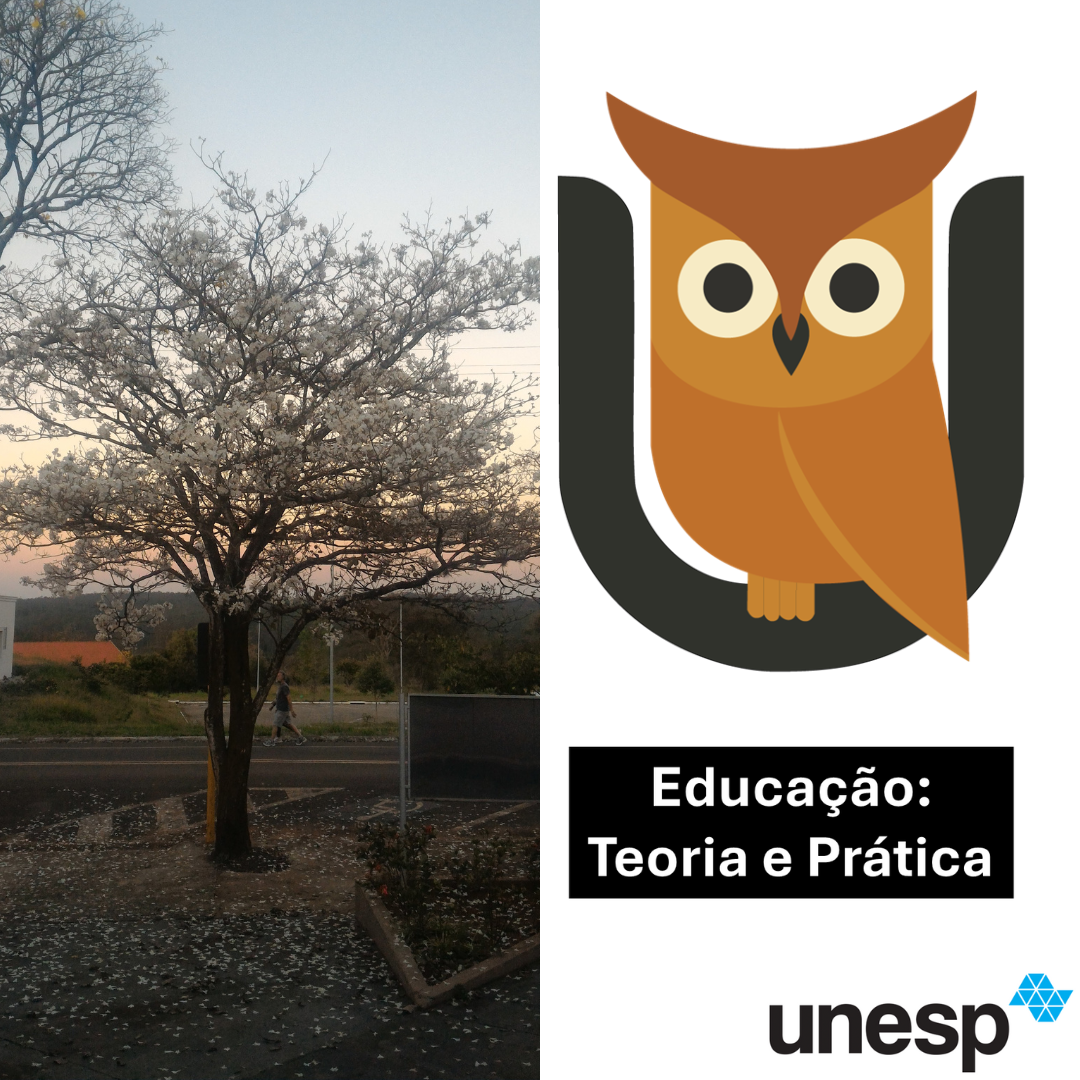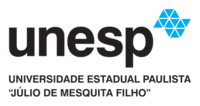The estrangement of teaching work and school violence: interfaces
DOI:
https://doi.org/10.18675/1981-8106.v34.n.67.s16889Keywords:
Creative Praxis. School Violence. Teaching Identity. Strange Work.Abstract
The aim of this article is to discuss the social phenomenon of school violence from the contributions brought by Karl Marx (1818-1883). According to Marx, alienated labor refers to the condition in which workers are disconnected from the product of their own labor, thus being prevented from realizing their full human potential. Such elements make it possible to analyze the issue of school violence as a social phenomenon that has particular dynamics in the school space and in society, acting in its various dimensions as an obstacle to carrying out educational work. The starting point will be Professor Amanda Gurgel's speech in 2011, which became popular due to the power of social networks at the time, and a 2019 news item brought by the Sindicato dos Professores do Ensino Oficial do Estado de São Paulo (Apeoesp) School Violence Observatory. A characteristic of strange work relationships is that, by not seeing himself as a free and conscious being, man starts to see the other, the similar to the same extent. The same strange relationship between the product of his work, the activity of his work and with himself applies to the relationship with the other. We understand that the creative praxis, based on the concept developed by Adolfo Sanchez Vásquez (1915-2011), can represent the effectiveness of work as a process of humanization, being an alternative to the strangeness of teaching work.
References
ANTUNES, R. A Era da informatização e a época da informalização: riqueza e miséria do trabalho no Brasil. In: ANTUNES, R. Riqueza e miséria do trabalho no Brasil. São Paulo: Boitempo Editorial, 2006.
COSTA, Á. Entre a dilapidação moral e a missão redentorista: o processo de alienação no trabalho dos professores do ensino básico brasileiro. In: COSTA, Á.; FERNANDES NETO, E.; SOUZA, G. A proletarização do professor. São Paulo: Editora Instituto José Luis e Rosa Sundermann, 2009.
FERNANDES NETO, E. O fracasso dos planos neoliberais na educação brasileira. In: COSTA, Á.; FERNANDES NETO, E.; SOUZA, G. A proletarização do professor. São Paulo: Editora Instituto José Luis e Rosa Sundermann, 2009.
FREUD, S. Conferências Introdutórias à Psicanálise. Tradução Sergio Tellaroli. In: FREUD, S. Obras Completas. v. 13. São Paulo: Cia das Letras, 2014.
GURGEL. A. Depoimento da professora Amanda Gurgel. 14 de maio 2011. Disponível em: https://www.youtube.com/watch?v=yFkt0O7lceA. Acesso em: 15 maio 2020.
MARTINS, L. M.; DUARTE, N. Formação de professores: limites contemporâneos e alternativas necessárias. São Paulo: Cultura Acadêmica, 2010.
MARX, K. Manuscritos Econômico-Filosóficos. São Paulo: Boitempo Editorial, 2004.
MÉSZÁROS, I. A educação para além do capital. São Paulo: Boitempo Editorial, 2010.
SÁNCHEZ VÁZQUEZ, A. Filosofia da práxis. São Paulo: Expressão Popular – Clacso Livros, 2007.
SOUZA, G. Das luzes da razão à ignorância universal. In: COSTA, Á.; FERNANDES NETO, E.; SOUZA, G. A proletarização do professor. São Paulo: Editora Instituto José Luis e Rosa Sundermann, 2009.
ZAFALÃO, J. Do que adoecem os professores e as professoras? São Paulo: Ed. Usina Editorial, 2021.
Downloads
Published
How to Cite
Issue
Section
License
Authors who publish in this journal agree to the following terms:
a) Authors assign copyright to the journal, with the work simultaneously licensed under the Creative Commons Attribution License that allows sharing of the work with acknowledgment of authorship and publication in this journal.
b) The policy adopted by the Editorial Committee is to assign copyright only after a period of 30 months from the date of publication of the article. After this time, authors interested in publishing the same text in another work must send a letter to the Editorial Committee requesting the release of the assignment of copyright and wait for a response.
c) This journal provides public access to all its content, since this allows greater visibility and reach of published articles and reviews. For more information on this approach, visit the Public Knowledge Project, a project that developed this system to improve the academic and public quality of research, by distributing OJS as well as other software to support the public access publication system to academic sources. The names and email addresses on this website will be used exclusively for the purposes of the journal and will not be available for other purposes. This journal provides open any other party  This work is licensed under a Creative Commons License
This work is licensed under a Creative Commons License










